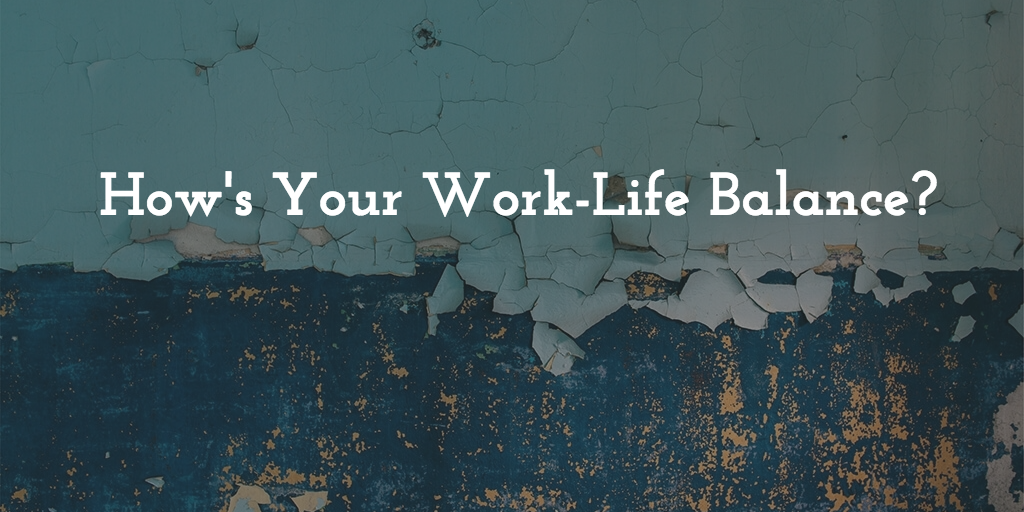September 2015
-
Check out these Submission Tracking Apps for Writers
Are you submitting queries, finished articles for consideration to publications or manuscripts…
-
11 Tools Writers Will Love
Editor’s note: This post was written by Kenneth Waldman, a freelance writer and…
-
Freelance Business Tips You Might Not Know
Many of us started our freelance career by taking on odd jobs…
-
12 Quotes From Children’s Books Every Author Should Know
“A children’s story that can only be enjoyed by children is not…
-
Security Tips for Freelance Writers
Editor’s note: This post was written by Cassie Phillips, a freelance writer and…
-
Do Freelance Writers Need Insurance?
You may run your freelance writing business from home and take care of all…
-
Musicians – Make Ends Meet as a Music Industry Writer
Editor’s Note: This post was written by Christie Templeton, a freelance writer in…
-
The Pros and Cons of a Coworking Space
Working at home has tons of advantages, especially if you’re like me…
-
Have You Assessed Your Work-Life Balance Lately?
The topic of work-life balance is a real problem, for both regular…










